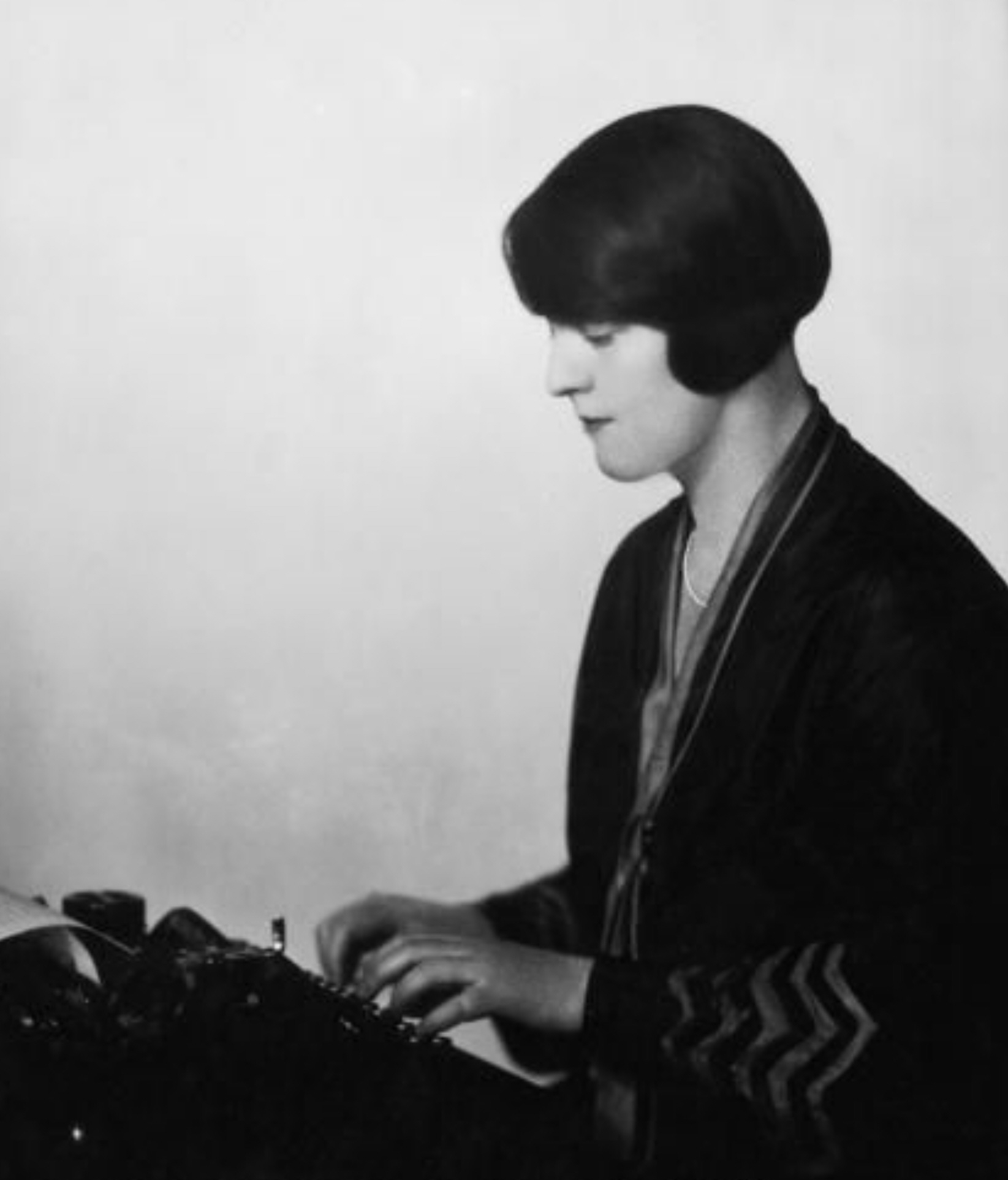“He is the very prototype of the Little Man.”
About Adolf Hitler, in "I Saw Hitler!" in Cosmopolitan (1931), later in I Saw Hitler! (1932)<!-- also in "Good Bye to Germany", in Harper's Magazine (December 1934), p. 12 -->
Contexto: He is formless, almost faceless, a man whose countenance is a caricature, a man whose framework seems cartilaginous, without bones. He is inconsequent and voluble, ill poised and insecure. He is the very prototype of the Little Man. … His movements are awkward. There is in his face no trace of any inner conflict or self-discipline.
And yet, he is not without a certain charm. But it is the soft almost feminine charm of the Austrian! When he talks it is with a broad Austrian dialect. The eyes alone are notable. Dark gray and hyperthyroidic, they have the peculiar shine which often distinguishes geniuses, alcoholics, and hysterics.
